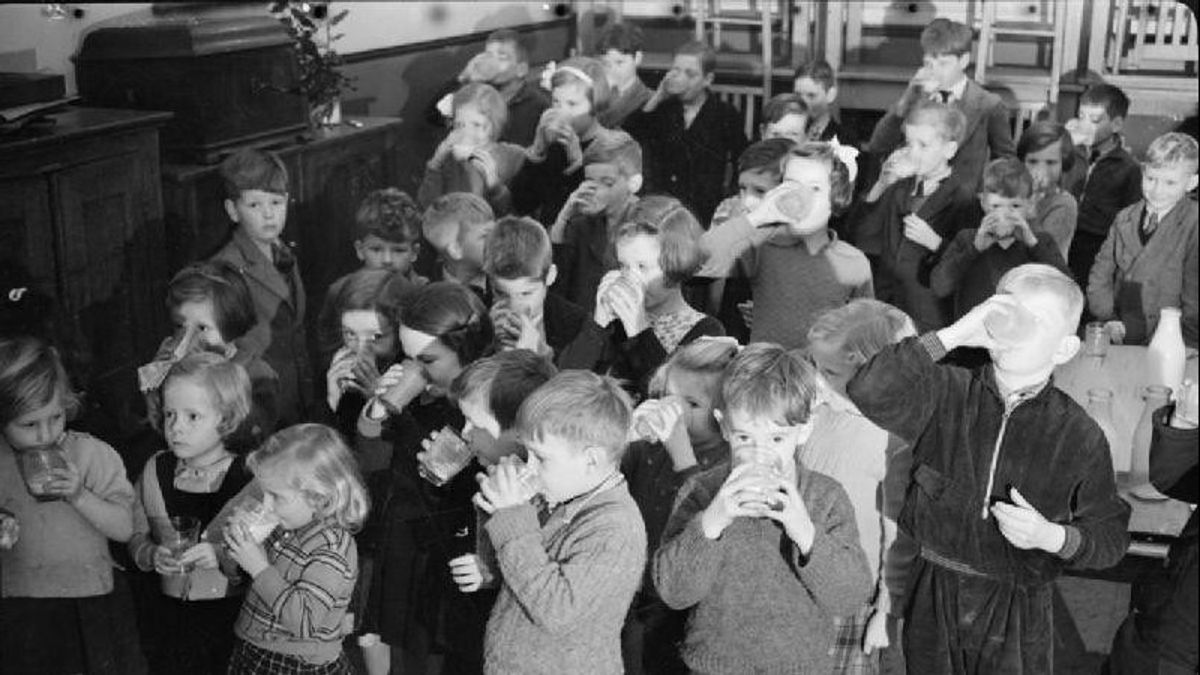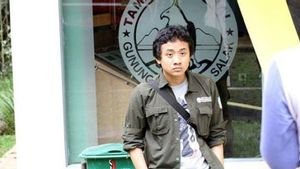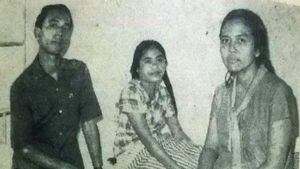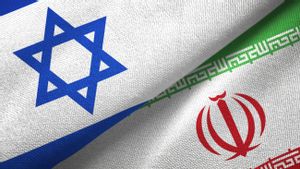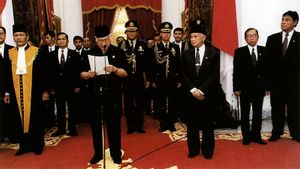JAKARTA - The narrative of war brings misery as seen clearly in World War II. The war made the whole world flight away. Britain, for example. War makes food supply limited. The British people must fight hard with hunger. The strategy was played.
The government does not want its citizens to be malnourished, especially mothers and children. The free milk program was rolled out. The program was praised by many parties. However, Margaret That was actually injecting the free milk program. He was criticized by the whole of England.
War often brings many harm, rather than benefits. At least that's what was recorded in the presence of World War II (1939-1945). Developed countries and developing countries have both been affected by the impact. The portrait was also present in England. The war was so painful throughout England.
On the one hand, war brings panic and fear. The other side of the war brought hunger. This condition took place because the UK relied heavily on imports of foodstuffs from outside. War also disrupted food supply routes to the UK.
Ships may be able to bring supplies of foodstuffs to the UK, but the dock for landing cargo is barely available due to damage. This condition makes the British people even more stunned. They are in a phase of not being able to think much other than thinking about survival.
It can eat daily alone is more than enough. British Food Minister Frederick James Marquis or better known as Lord Woolton had a heart to see hunger present among his people. He could not bear to see children and pregnant women not get a good nutritional intake.
Woolton racked his brain so that the British people could get sources of nutrition. He moved to provide subsidies so that food can be reached by many British families. He also launched a free milk program in June 1940. The free milk is given by children, pregnant women, and breastfeeding mothers.
Woolton's free milk program was praised by many parties. Free milk is considered a solution that can provide children and women with additional nutrition during limited and rationed food supplies.
The free milk policy continues. However, those who get it are limited to school children, from kindergarten to high school. No longer pregnant and lactating mothers.
tangle Woolton is a form of leader who cares about nutritional status. Therefore, the free milk program at school is an important part of Woolton's policy as Minister of Food. At that time, for example, the Ministry of Food determined that every child received one milk per day.
The Ministry of Food introduced the policy in the 1940s, due to limited food supplies. Free milk for children is believed to reduce the problem of malnutrition in school children," John Macnicol wrote in the book War and Social Change: British Society in the Second World War (1986).
The free milk program brings great benefits. Mainly for children who live from the working class. They can get additional nutrition from the distribution of free milk. Problems arose. Britain began to be hit by economic critical in the 1970s.
The Secretary of State for Education, Margaret Thatcher (later became British Women's Prime Minister) did not want her country to fall into a storm of economic recession. That assumes that the free milk program is too expensive.
That's why he chose to take an unpopular policy. The free milk program at Woolton's legacy school was discontinued in June 1971. That's sure by stopping the free milk program, the UK was able to save up to 9 million pounds.
A larger amount of funds than the funds spent on buying school children's books. That only separates free milk programs for kindergarten children. Termination of the savings argument drew the anger of the British people.
They mainly the working class - condemned That's what they did. The criticism was not only present in the form of mere statement. The criticism was raised through ridicule: Thatcher, Thatcher, Penjambret Susu. At first that was just the wind of ridicule. However, lately his heart was hurt.
Even those who have served as British Prime Minister (1979-1990) are like dejavu because the Minister of Health, Ken Clarke wants to stop the free milk program for kindergarten children in 1990. That's why he doesn't want to agree with the idea. Even though Britain really needs to be frugal.
He didn't want what happened to him to happen to Ken Clarke. He didn't want Ken to be the enemy of the working class. Because that's how that felt. He is considered to often trouble for the working class. That hatred remains so deep that it is gone.
SEE ALSO:
"No. This free milk program will cause a severe commotion. In fact, the value saved is only 4 million pounds. I know I experienced it 19 years ago. The Minister of Health is enough to make other efforts from the public's proposals.
"I promise to support any scheme to save 400 million or more. He will consider it. But not 4 million, "explained That as quoted by Gavin Gordon in his writing on the Independent.co.uk page entitledThatcher Regretted Snatching Milk from School Children for Two Decades (2016).
The English, Chinese, Japanese, Arabic, and French versions are automatically generated by the AI. So there may still be inaccuracies in translating, please always see Indonesian as our main language. (system supported by DigitalSiber.id)
